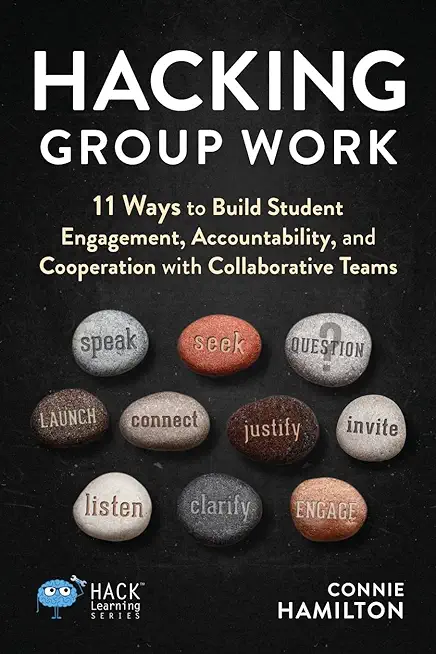
Hamilton, Connie
product information
description
ern classroom, but it can be difficult to get students engaged and working together effectively. Connie Hamilton provides 11 proven strategies for designing and managing student collaborative teams, including:
- Design student groups so they are all engaged and contribute to the team's learning. Use a variety of grouping strategies to ensure that all students have the opportunity to participate and contribute.
- Accommodate lessons to help introverts be more comfortable in social learning tasks. Give introverts opportunities to contribute in ways that are comfortable for them, such as writing or presenting their work individually.
- Foster productive listening and questioning to elevate student talk. Teach students how to listen attentively and ask clarifying questions.
- Develop activities that encourage self-awareness and allow students to learn from resources and each other and depend less on you. Give students opportunities to reflect on their own learning and to learn from each other.
- Set up protocols that support interdependence and student ownership of their learning. Create a culture of collaboration in your classroom and teach students how to work together effectively.
- Accurately assess individual student's content knowledge, group communication and collaboration skills. Use a variety of assessment strategies to track student progress and to provide feedback on their group work.
With these strategies, you can create a classroom where students are engaged, accountable, and cooperative.
member goods
No member items were found under this heading.
notems store
Return Policy
All sales are final
Shipping
No special shipping considerations available.
Shipping fees determined at checkout.







